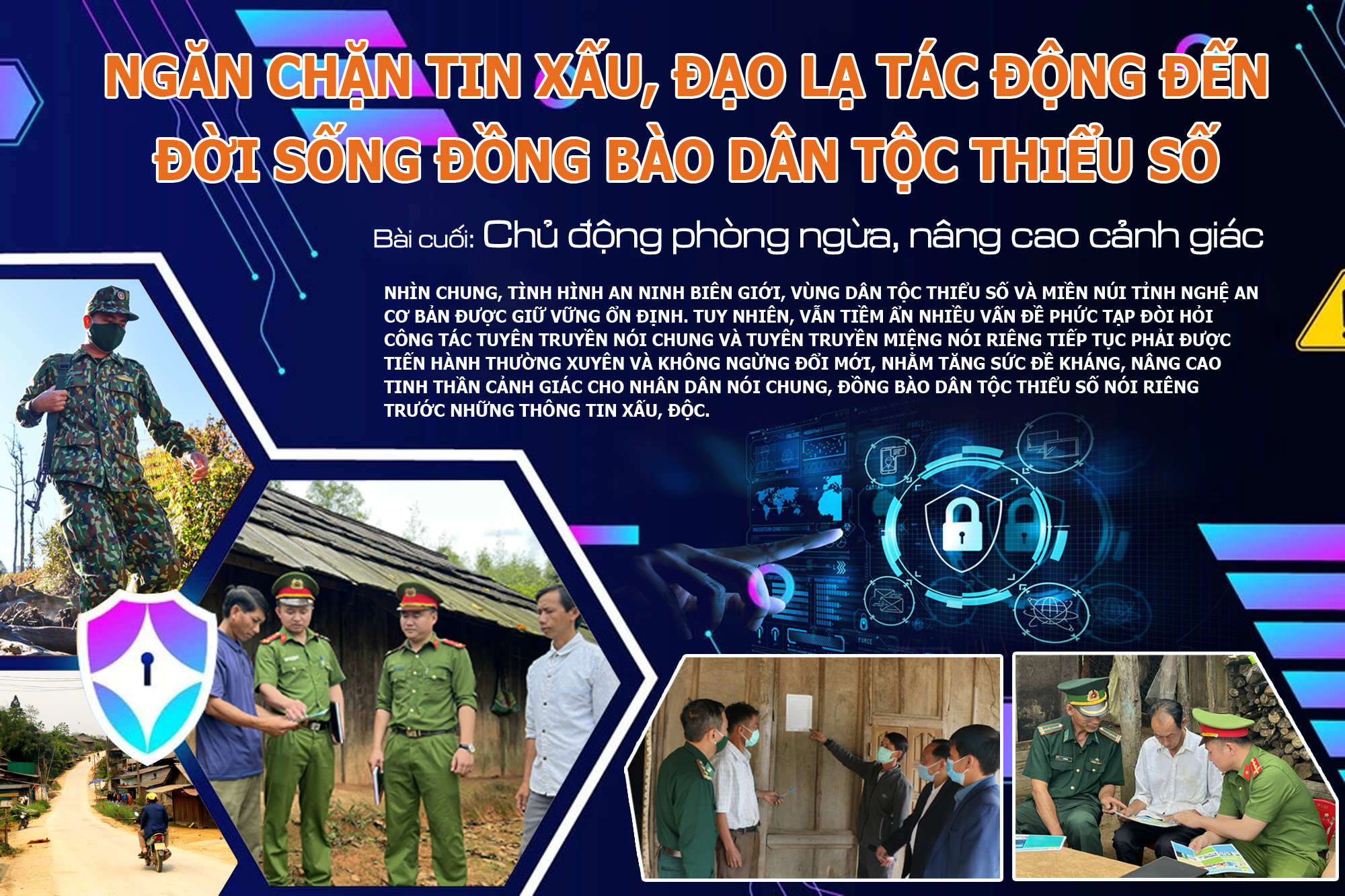

As mentioned, Nghe An province has a 468.281 km long land border adjacent to 3 provinces of Laos (Hua Phan, Xieng Khouang, Bolikhamxay). In recent years, with the attention of the Party, the State, the central ministries and branches, the socio-economic situation in the border area of the province has had a clear change, the people's lives have gradually improved. However, violations of border regulations, illegal border crossing, migration, repatriation, illegal exploitation of forest products; crimes, especially drug crimes; illegal religious activities... still have many potential complications.
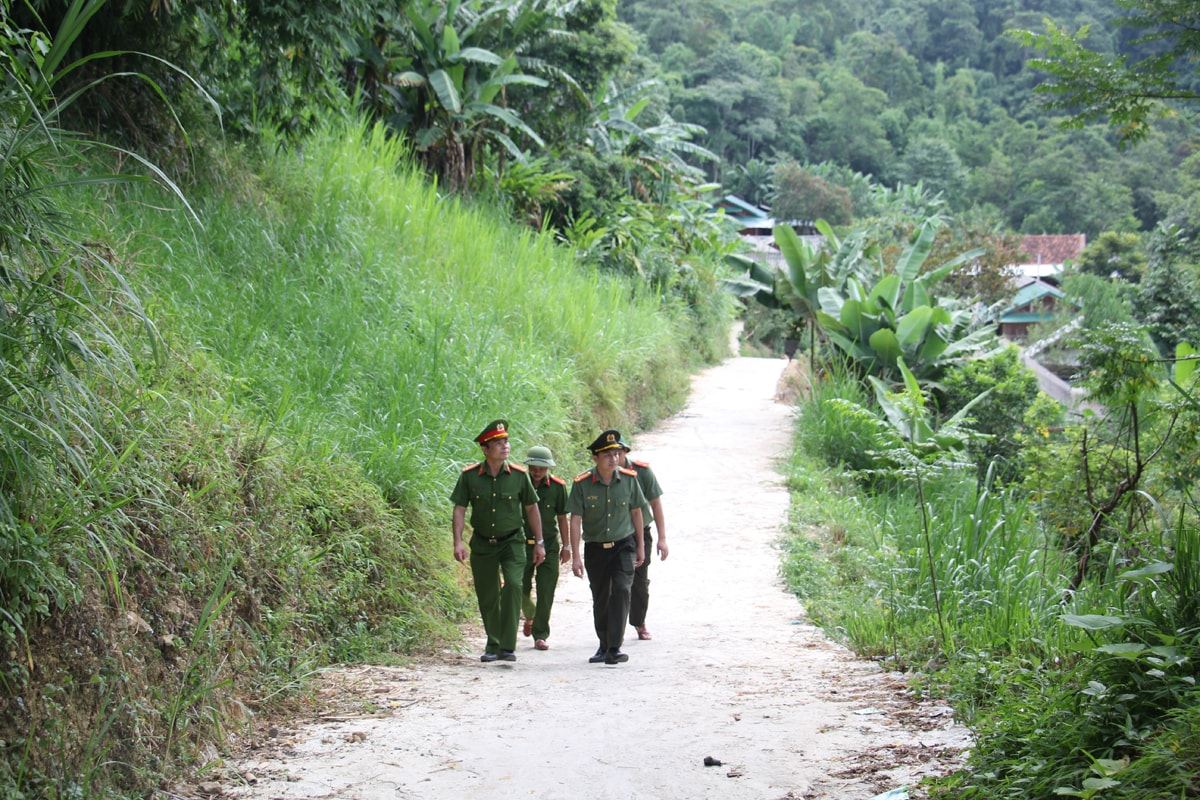
Bad elements take advantage of the backwardness and difficulties in the material and spiritual life of ethnic minorities; rely on the tricks of "human rights", "democracy", "freedom", especially freedom of belief and religion; use ethnic minorities living in the same area to carry out illegal religious propaganda, divide the great solidarity bloc, and gradually reduce the trust between ethnic minorities and the Party and the government.
In particular, Facebook pages of reactionary organizations such as the Committee for Rescue of People Crossing the Sea - BPSOS, "Hmong Human Ringhts" posted and shared content accusing the authorities of the border districts of Ky Son and Que Phong of forcing Protestants in the area to abandon their religion, leave the locality, and seek refuge abroad. Therefore, the work of monitoring the situation and ideological developments of cadres, party members and people; propagating and refuting bad and toxic information; and fighting against erroneous and hostile viewpoints has received more attention.
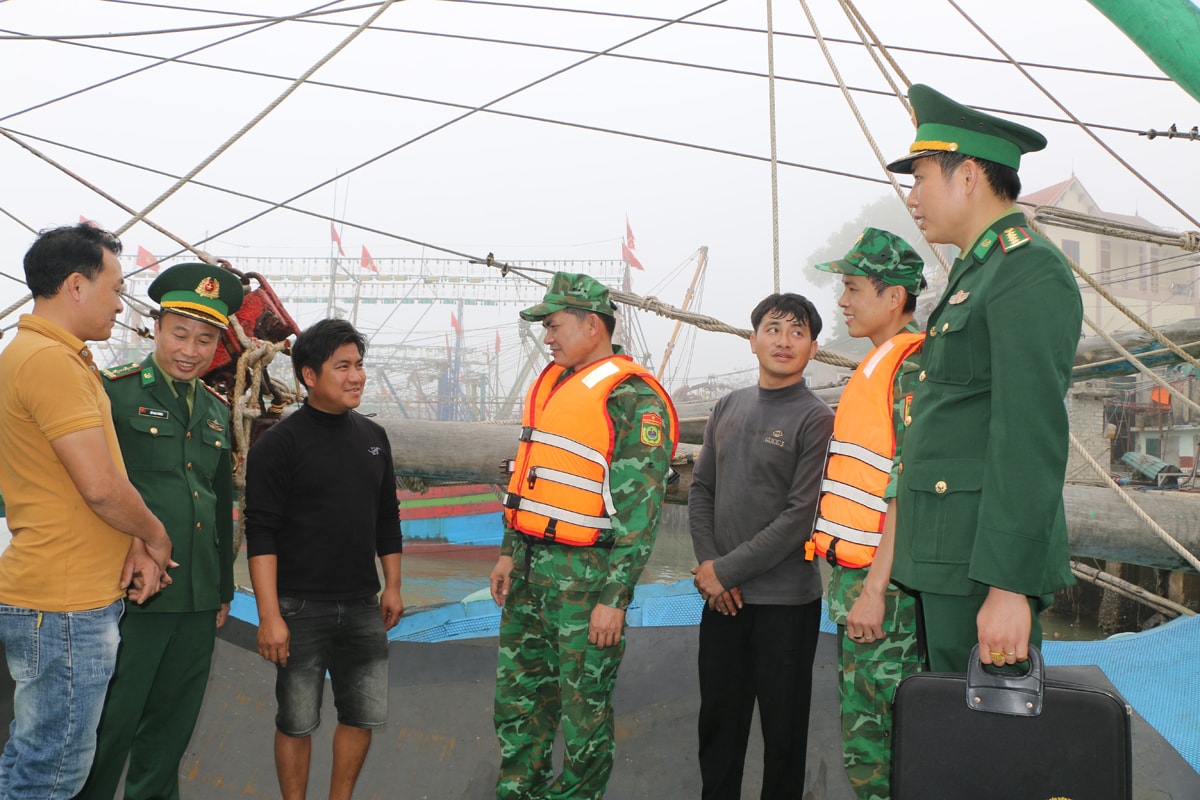
In Ky Son district, in addition to effectively maintaining a core force of collaborators to participate in the fight against bad, toxic information, wrong and hostile views; commenting and sharing positive information on cyberspace... Steering Committee 35 of the district regularly mobilizes cadres, party members, and members of political and social organizations to participate in propagating, sharing, and spreading positive information from official information sites, contributing to "diluting" the flow of negative information to orient ideology and public opinion so that cadres, party members and people have correct awareness and trust in the leadership of the Party and the management of authorities at all levels.
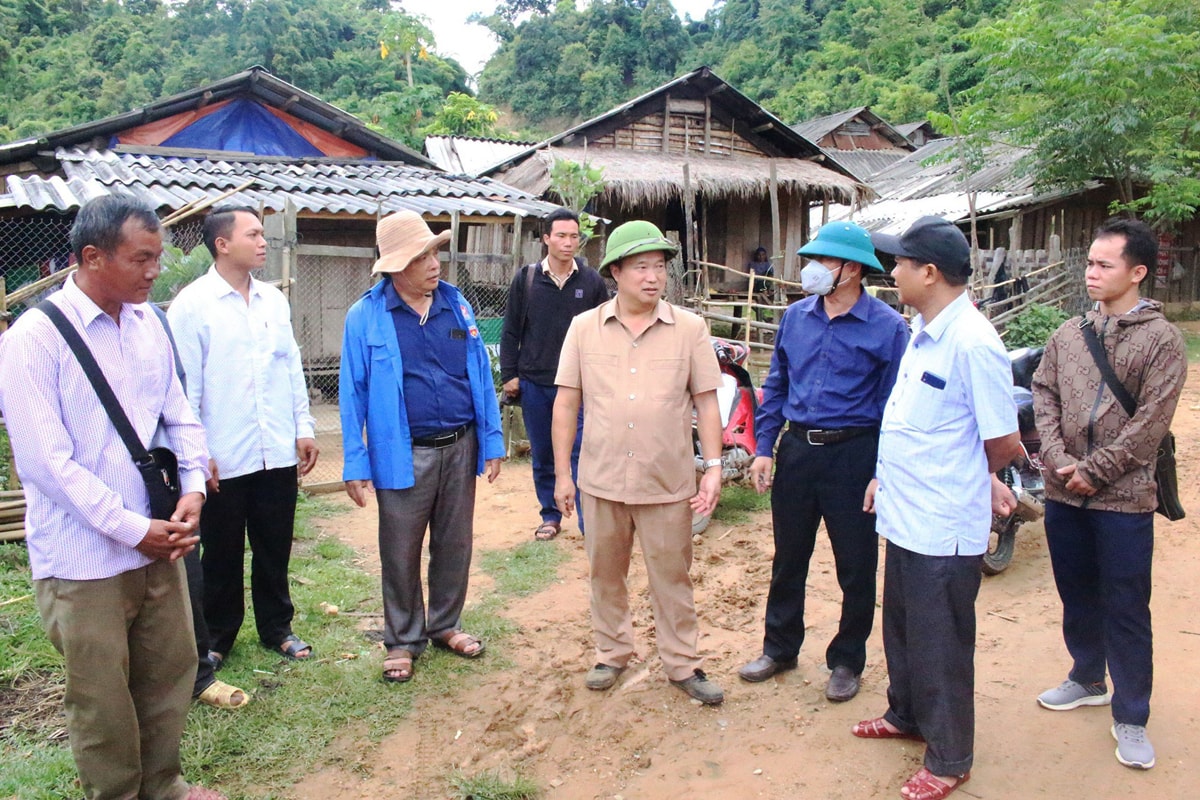
In addition, the Party Committee, the government and the mass organizations at the commune level also proactively grasp the local situation to strengthen propaganda work, mobilize people of all ethnic groups to properly implement the Party's guidelines and policies and the State's laws, not listen to bad guys' instigation, making an important contribution to defeating all plots and tricks to sabotage the revolution of hostile forces, maintaining the Party's ideological position, promoting socio-economic development, ensuring political stability, security and order in the locality.
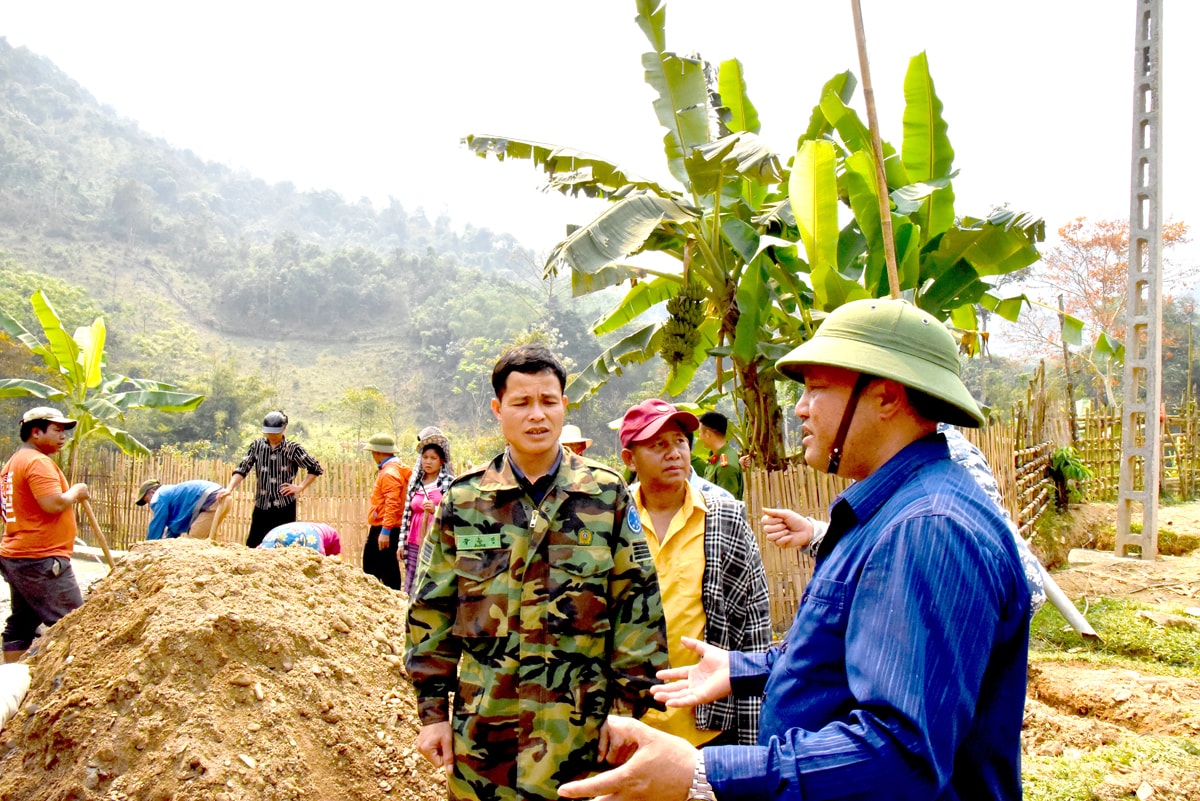
According to Mr. Lu Quang Hung - Head of the Propaganda Department of Ky Son District Party Committee: The work of building and perfecting the team of reporters and propagandists, improving the quality of oral propaganda activities in the spirit of Directive 17-CT/TW dated October 15, 2007 of the Secretariat (10th term) on "Continuing to innovate and improve the quality and effectiveness of oral propaganda work in the new situation" has been effectively implemented by Party committees, authorities, agencies and organizations, considering this as one of the key tasks of ideological work in the locality. The whole district currently has 341 reporters and propagandists; of which, there are 26 district-level reporters; 47 reporters of 21 communes, towns and affiliated party committees; 6 reporters of district-level political and social organizations and unions, increasingly meeting the requirements of tasks, capacity standards, political theory level, and professional level.
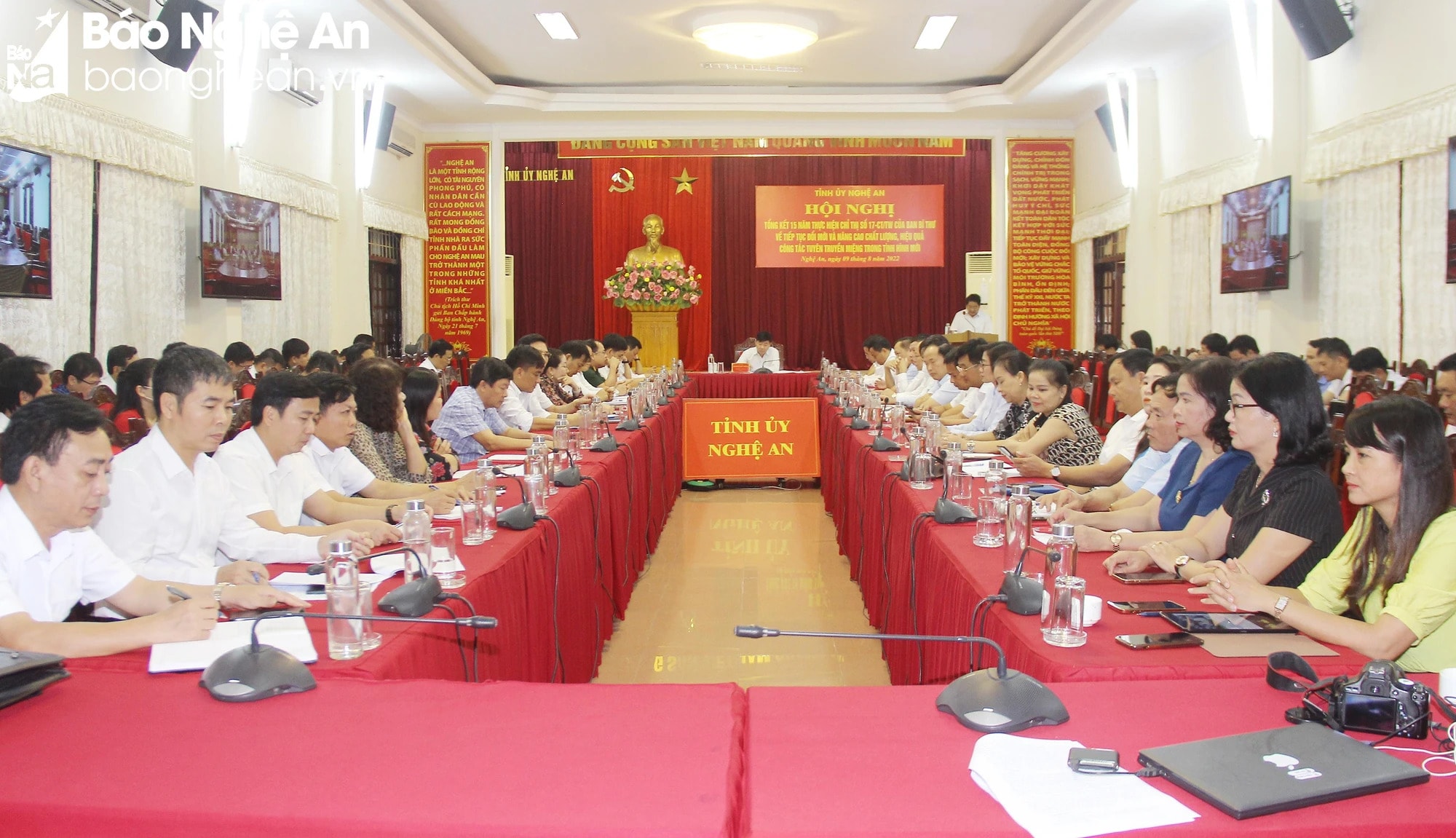
Ky Son district also regularly trains the professional capacity of the team of reporters and propagandists; pays attention to the interests and necessary means, in order to create conditions for reporters to promote the effectiveness of their activities, ensuring that they meet the three criteria: Practical, timely and appropriate content for the audience; Balance between basic content and topicality; Content that has an orientation, fights against and refutes the wrong information and viewpoints of hostile forces, political opportunists and reactionaries. The form of propaganda is implemented flexibly, in addition to propaganda work combined with "skillful mass mobilization", the team of reporters and propagandists also goes deep, close to residential areas to grasp the thoughts and aspirations of the people, to advise the Party Committee to promptly resolve problems arising from the grassroots.
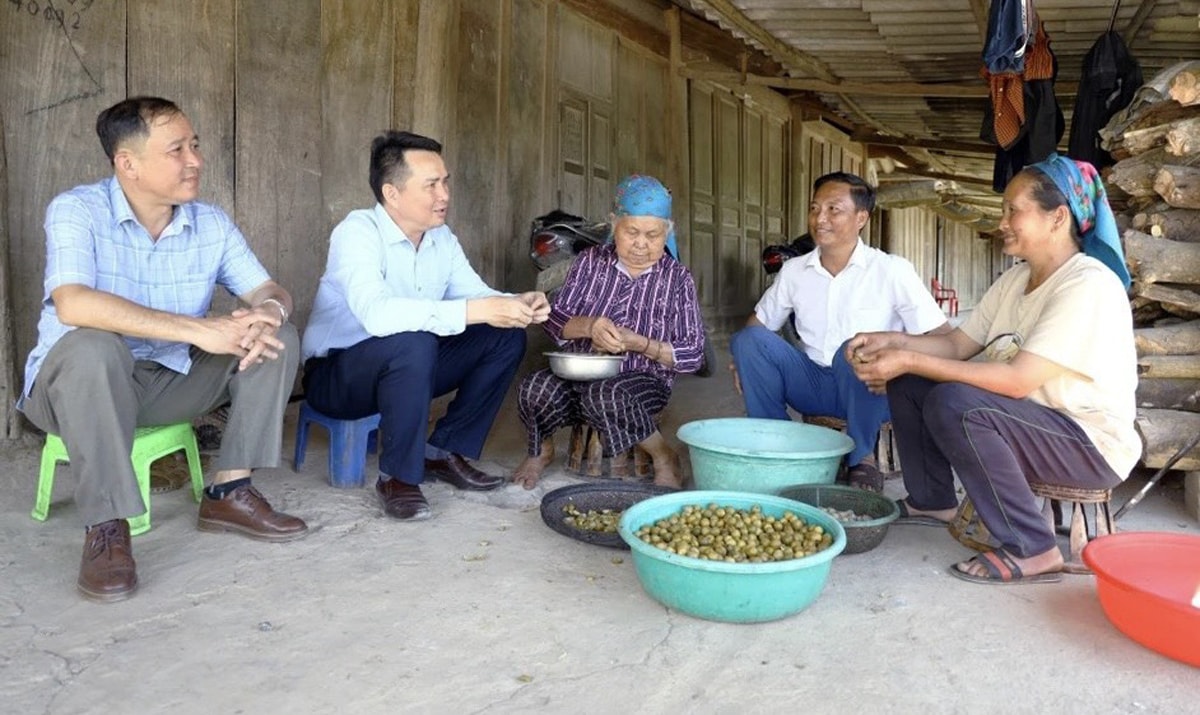
In reality, for ethnic minority and mountainous areas, especially where the people's education level is low, the terrain is complex, and the roads are difficult to travel, oral propaganda is still considered one of the important forms in disseminating, propagating, and mobilizing people to well implement the policies, laws of the Party and the State, creating consensus. This is a way to quickly respond to information requests, hot and sensitive issues that other forms find difficult to implement promptly. Therefore, it is necessary to continue to innovate the content and methods of oral propaganda; improve the critical and refuting nature; strengthen two-way interaction on the basis of closely grasping the ideological situation of cadres, party members and the masses, especially at the grassroots level, according to the motto "The entire political system does ideological work, each cadre and party member is a propagandist, in which the reporting force is the core".
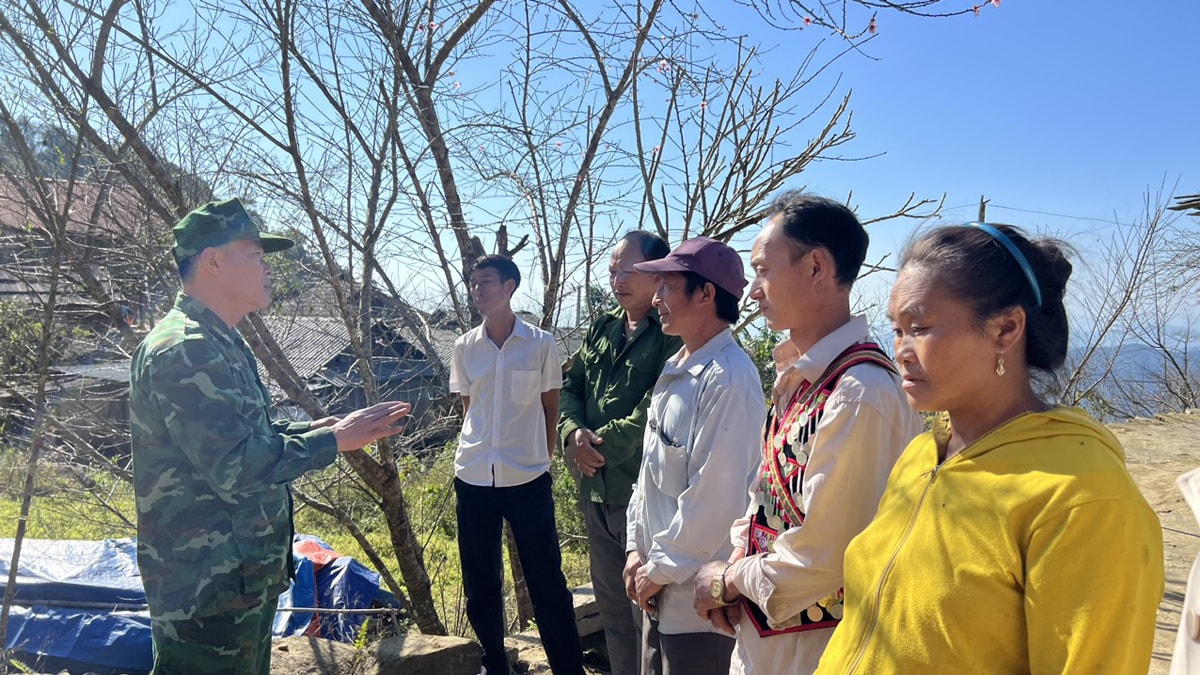
Speaking at the conference summarizing 15 years of implementing Directive No. 17-CT/TW of the Party Central Committee Secretariat (10th tenure) on "Continuing to innovate and improve the quality and effectiveness of oral propaganda in the new situation", comrade Nguyen Van Thong - Standing Deputy Secretary of Nghe An Provincial Party Committee affirmed: Propaganda work in general and oral propaganda in particular must continue to be carried out in the best and most effective way, helping the Party's leadership achieve high results; meeting the requirements of rapid development of the province, industry, locality and unit. Therefore, Party committees at all levels need to pay attention to innovating the methods and content of oral propaganda; not only informing and propagating current issues but also including socio-economic issues, issues of concern to the people and society; propagating in advance to avoid pressing problems that may occur; oral propaganda in praising and encouraging patriotic emulation movements, refuting false, reactionary arguments, bad and toxic information.
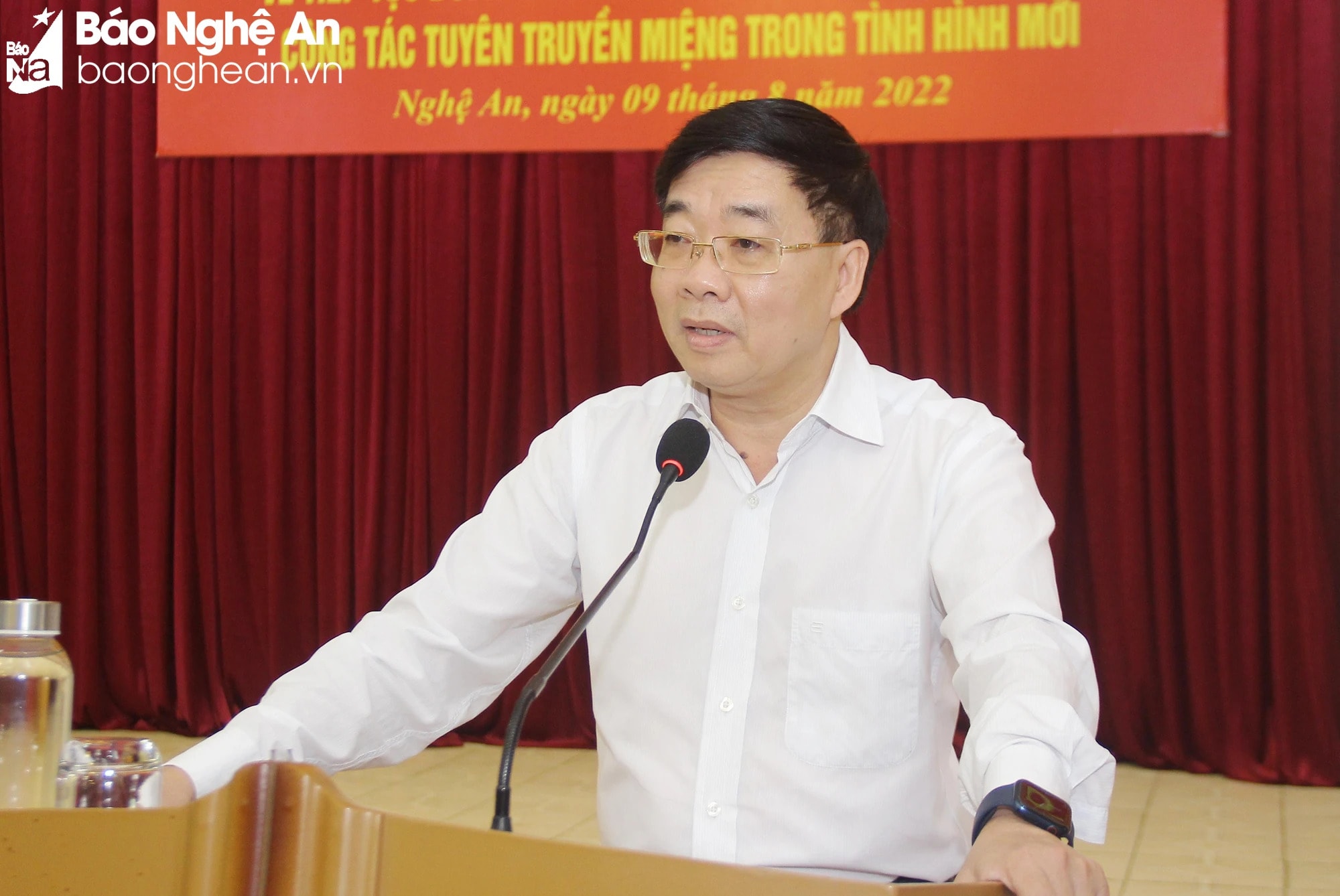

To ensure security at the border, in ethnic minority and mountainous areas, in recent times, the Police, Military and Border Guard forces have regularly coordinated to grasp the situation, synchronously deploy professional measures to prevent negative impacts from outside into the area; not allowing bad elements to take advantage of visiting relatives, trading, and traveling to violate national security.
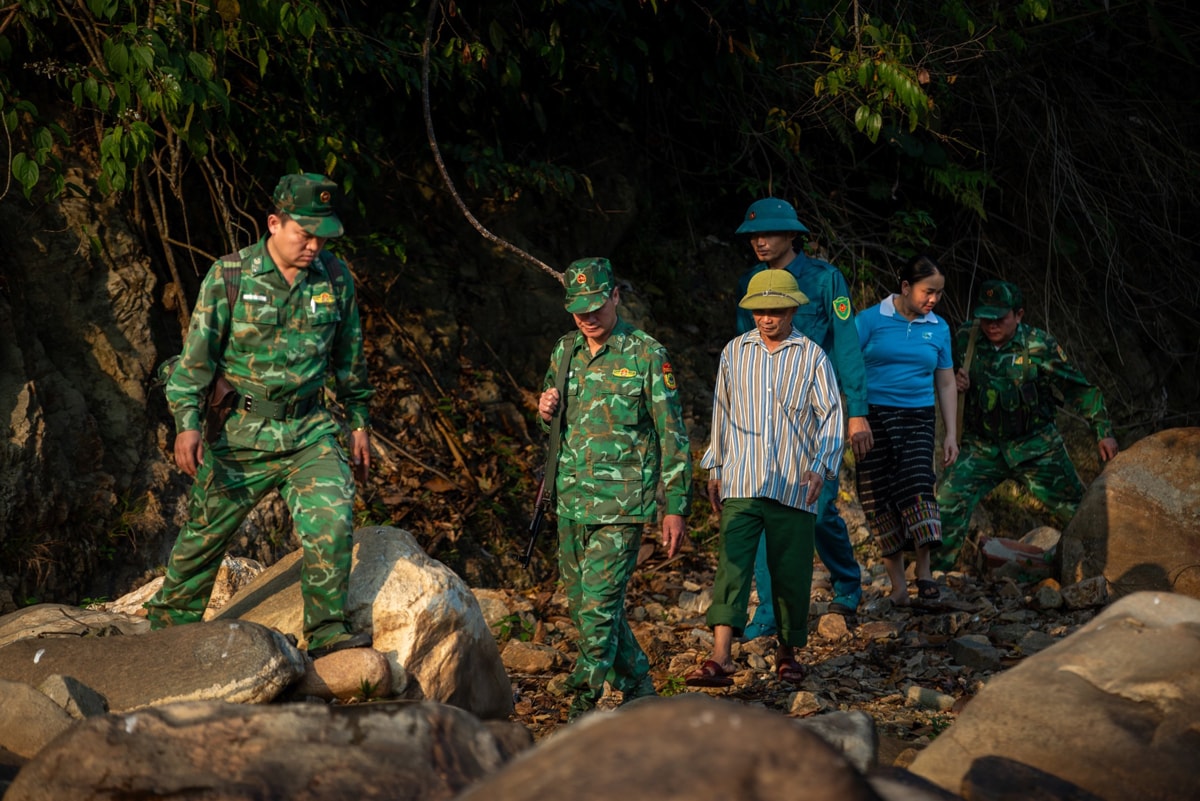
However, the coordination work to grasp, exchange information and situations between forces is sometimes not regular, leading to inconsistent assessment and forecast of the situation, reducing the effectiveness of staff work for local Party committees and authorities in resolving situations occurring in the area. In resolving some emerging situations, especially the coordination work to prevent and suppress illegal religious activities, there are still shortcomings. Some policies and implementation measures are sometimes inconsistent, easily creating loopholes and shortcomings, creating excuses for hostile forces to take advantage of to sabotage.
Therefore, in the coming time, the forces need to strengthen the exchange and information of the situation, especially the activities of reactionary elements among the Mong people in Laos, the establishment of a "Mong State", illegal migration and proselytizing activities, etc., thereby anticipating complicated situations that may occur, proactively deploying prevention and resolution plans right at the grassroots level, maintaining border security and territorial sovereignty.
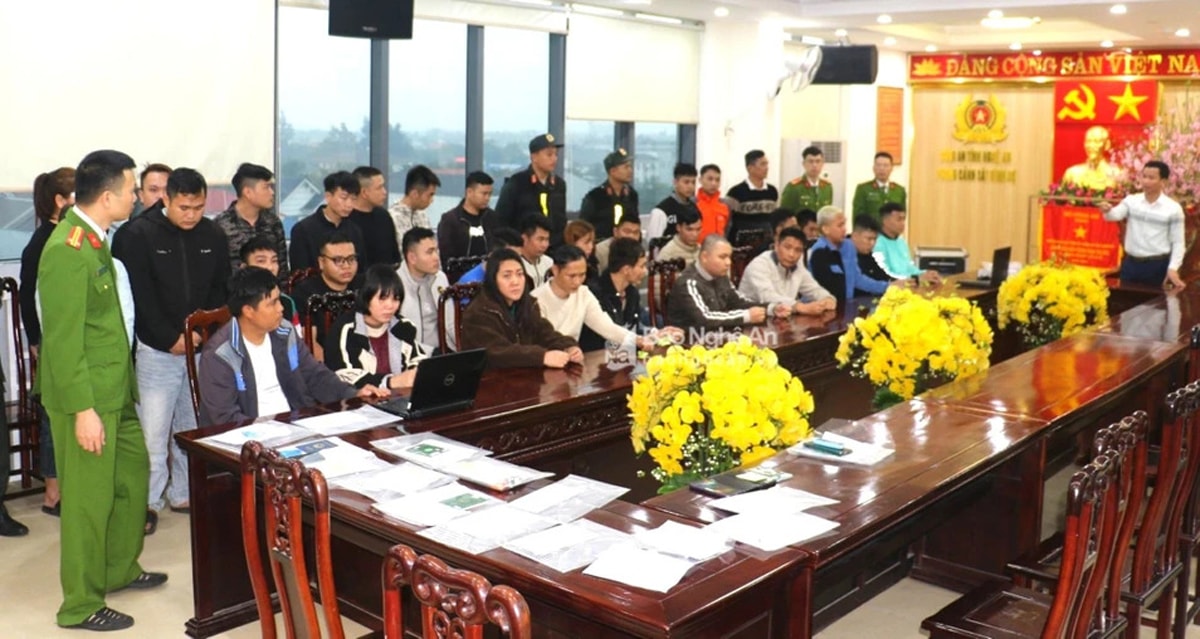
In addition, promote foreign affairs and international cooperation with the functional forces of Laos (Hua Phan, Xieng Khouang, Bolykhamxay) which shares a border with Nghe An; regularly exchange information, agree on the contents of coordination in crime prevention and control, and ensure security and order in border areas. At the same time, coordinate to promote the movement "All people protect national security" and propagate and raise people's vigilance against plots and activities of hostile forces. In particular, pay special attention to and promote the role of "ears and eyes" of 88 collectives, 916 households, 2,102 individuals self-managing 468.281 km of border; 116 national border markers; 944 groups/17,810 individuals self-managing security and order in hamlets and villages.
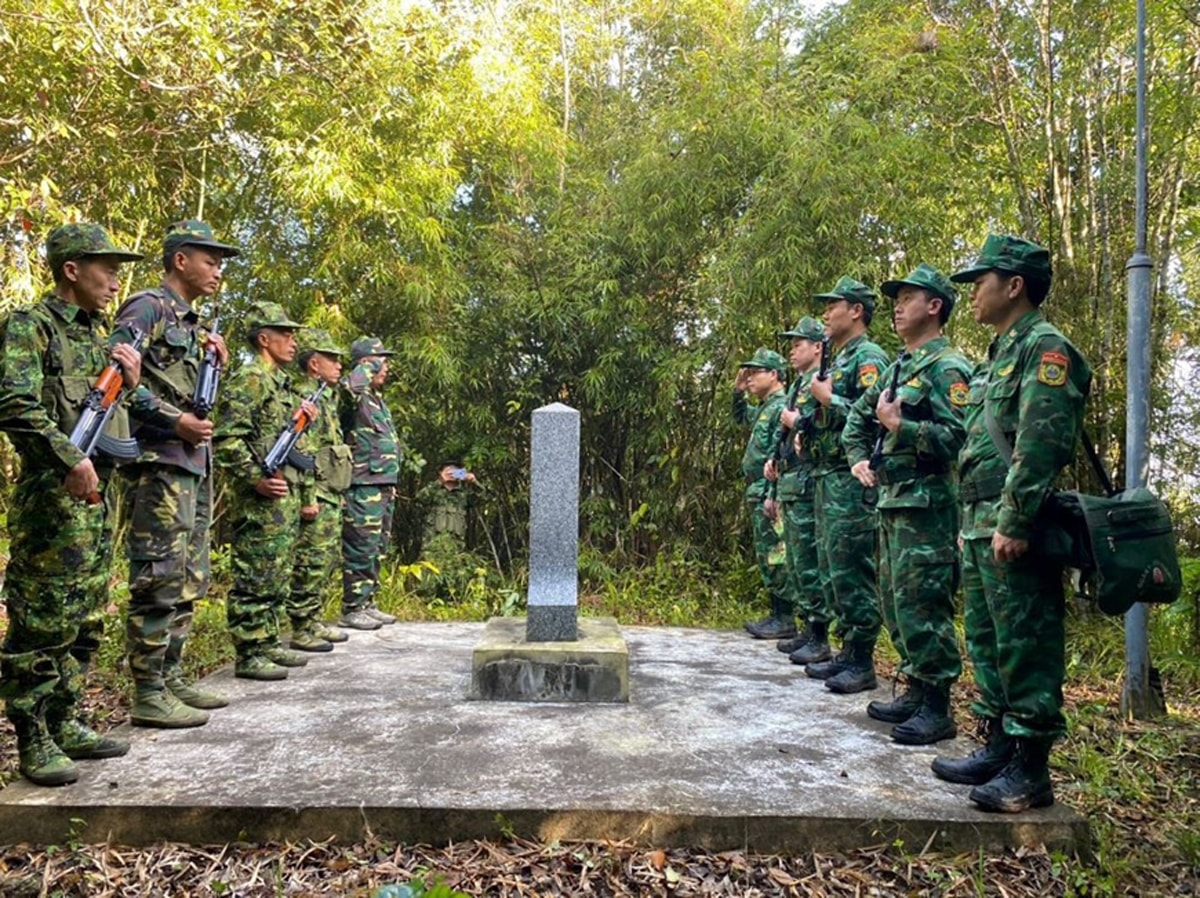

In mountainous areas and ethnic minority areas, prestigious people, village elders and village chiefs are considered special "big trees" with a voice in the community. A typical example is Mr. Vu Tong Long (born in 1960), in Huoi Son village, Tam Hop commune, Tuong Duong district, who is considered the "big tree" of the village. In his position as village elder, Mr. Vu Tong Long regularly coordinates with the Party committee, government and functional forces to propagate and mobilize local people to strictly comply with the Party's guidelines and policies, the State's policies and laws; especially those related to national defense - security and border work. He also proactively follows the situation and promptly informs Tam Hop Border Guard Station to handle incidents occurring in the area.
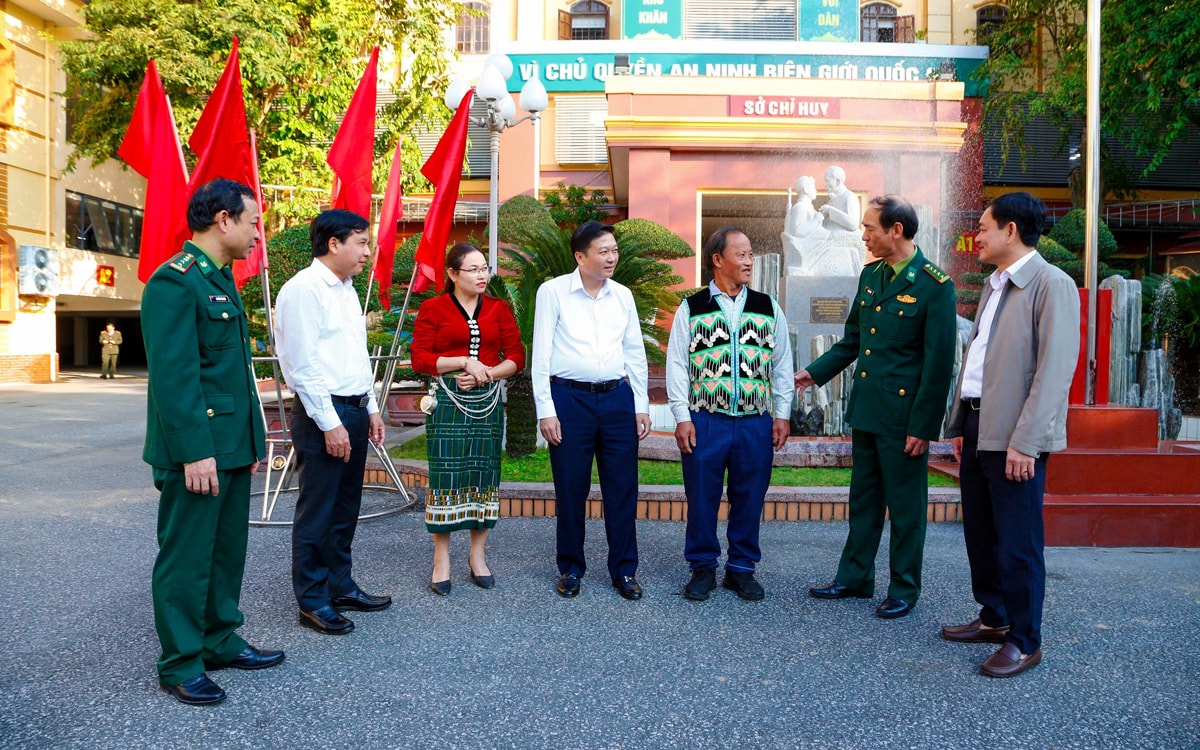
Talking to us, Major Ha Huy Thien - Deputy Political Commissar of Tam Hop Border Guard Station said: "From 2019 to now, village elder Vu Tong Long has provided Tam Hop Border Guard Station with over 50 pieces of information, of which 5 are valuable pieces of information related to violations of border regulations and illegal transportation of forest products. He also participated in propaganda and mobilization of villagers to relocate, ensuring the site for building the new headquarters of Tam Hop Border Guard Station in Huoi Son village and the site for defense area exercises".
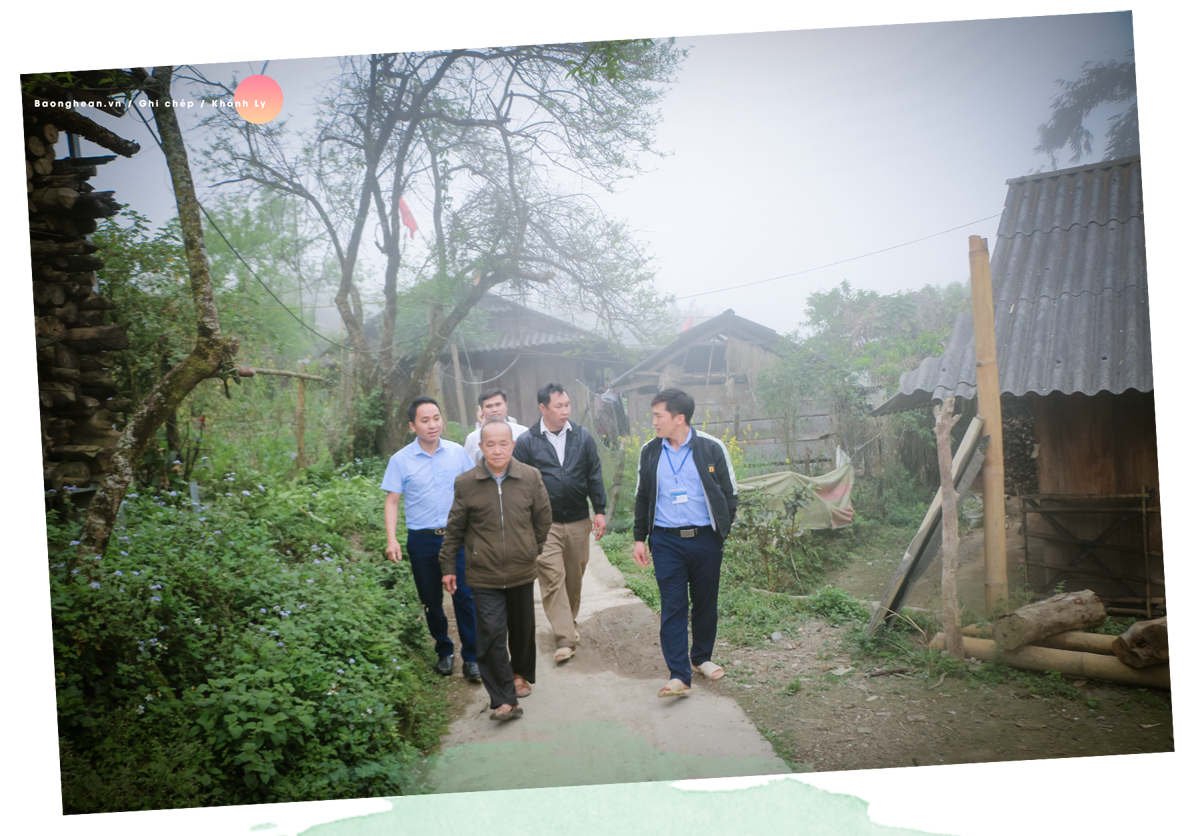
Currently, the whole province has 2,228 prestigious people, village elders, and hamlet chiefs. In the border areas alone, there are 328 village elders, hamlet chiefs, and prestigious people. These are the core force in propagating and mobilizing the people, especially ethnic minorities, to implement the Party's policies and guidelines, the State's and local laws; to stay away from drug addiction, alcoholism, and give up bad customs, superstitions, and heresies. In particular, when a group of people, due to poor awareness, are incited, lured, and taken advantage of by bad people, the team of village elders, hamlet chiefs, and prestigious people play a big role in educating and explaining so that people understand, repent, and work hard. Therefore, in the coming time, it is necessary to promote the role of this team in propaganda work, preventing and combating bad and toxic information in ethnic minority areas, especially in participating in resolving complicated cases and ensuring security and order.
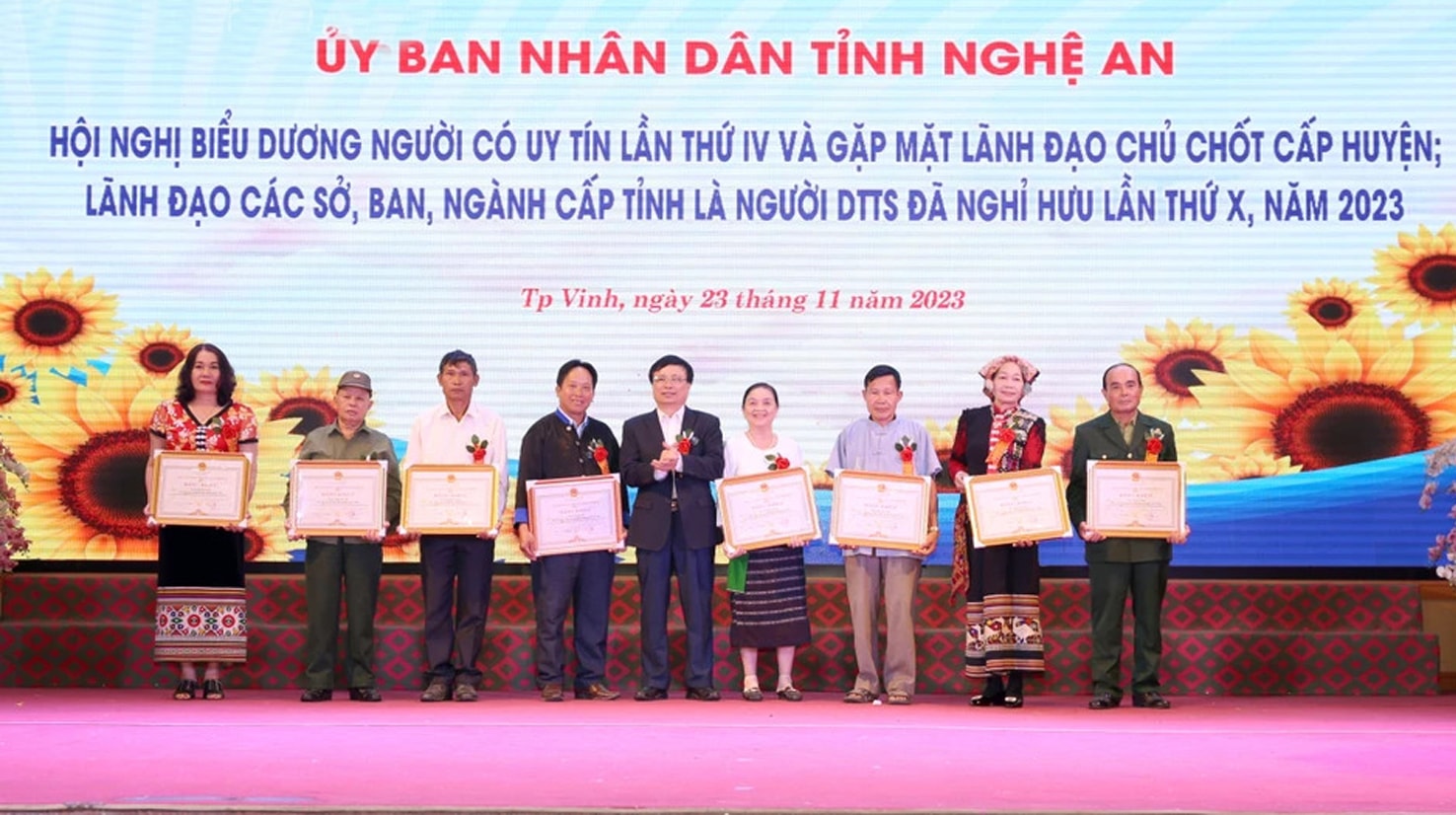
In addition, localities and functional sectors need to do a good job of grasping and forecasting the situation, correctly assessing developments related to ethnic and religious affairs, especially the plots and intentions of hostile forces to take advantage of ethnic and religious issues, in order to proactively respond and handle them promptly. Pay attention to reviewing, supplementing, amending, and building specific mechanisms and policies that are suitable to the practical situation of ethnic minority areas, creating conditions for people to develop socio-economy; publicizing and making transparent mechanisms and policies; encouraging people to enthusiastically participate in socio-economic development, production, business, and legitimate enrichment. Along with that, Party committees and authorities at all levels also need to strengthen State management of religion, maintain and promote traditional cultural identities of ethnic groups, and create a "filter" to prevent religions and cults from infiltrating and spreading into border areas, ethnic minority areas and mountainous areas.
